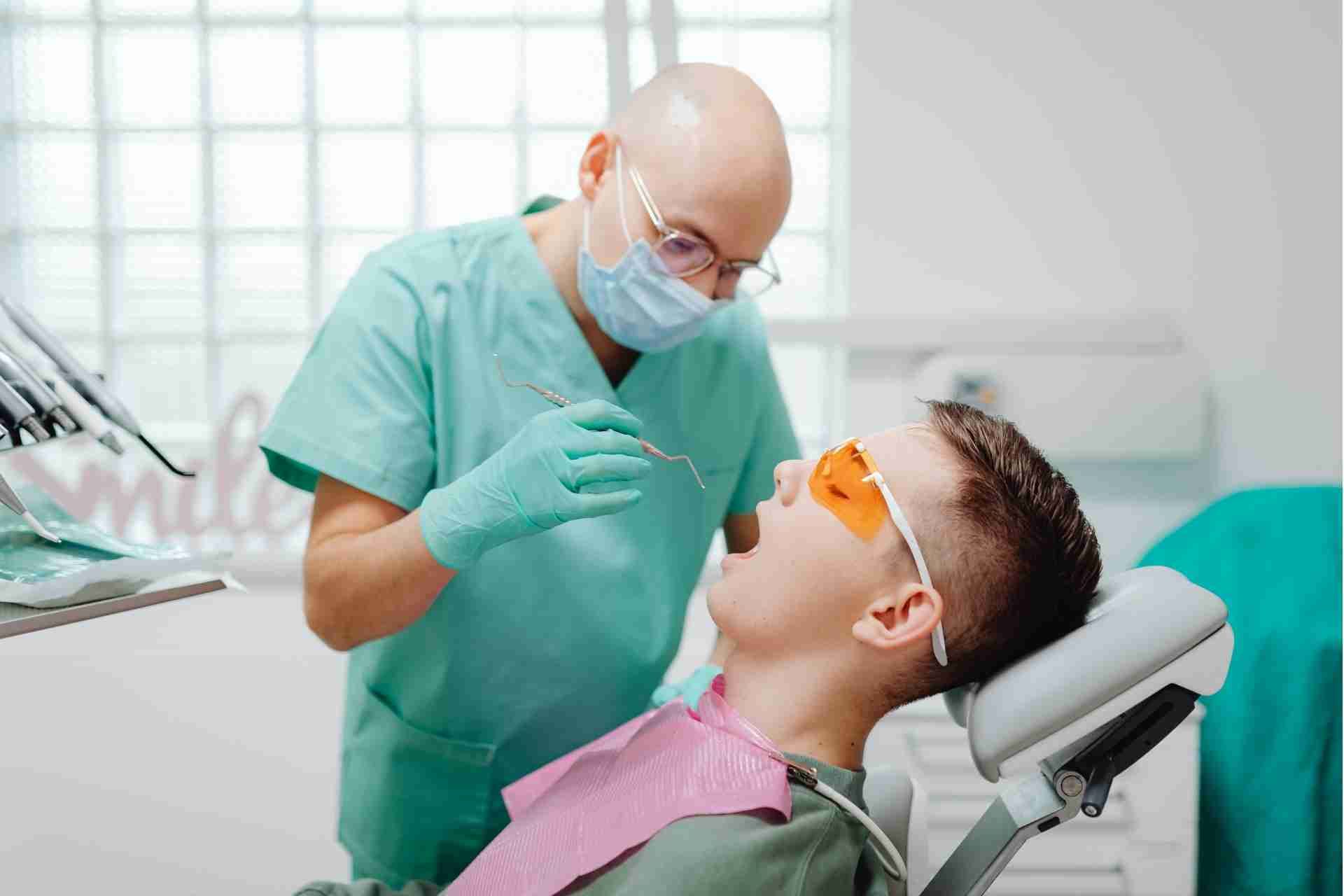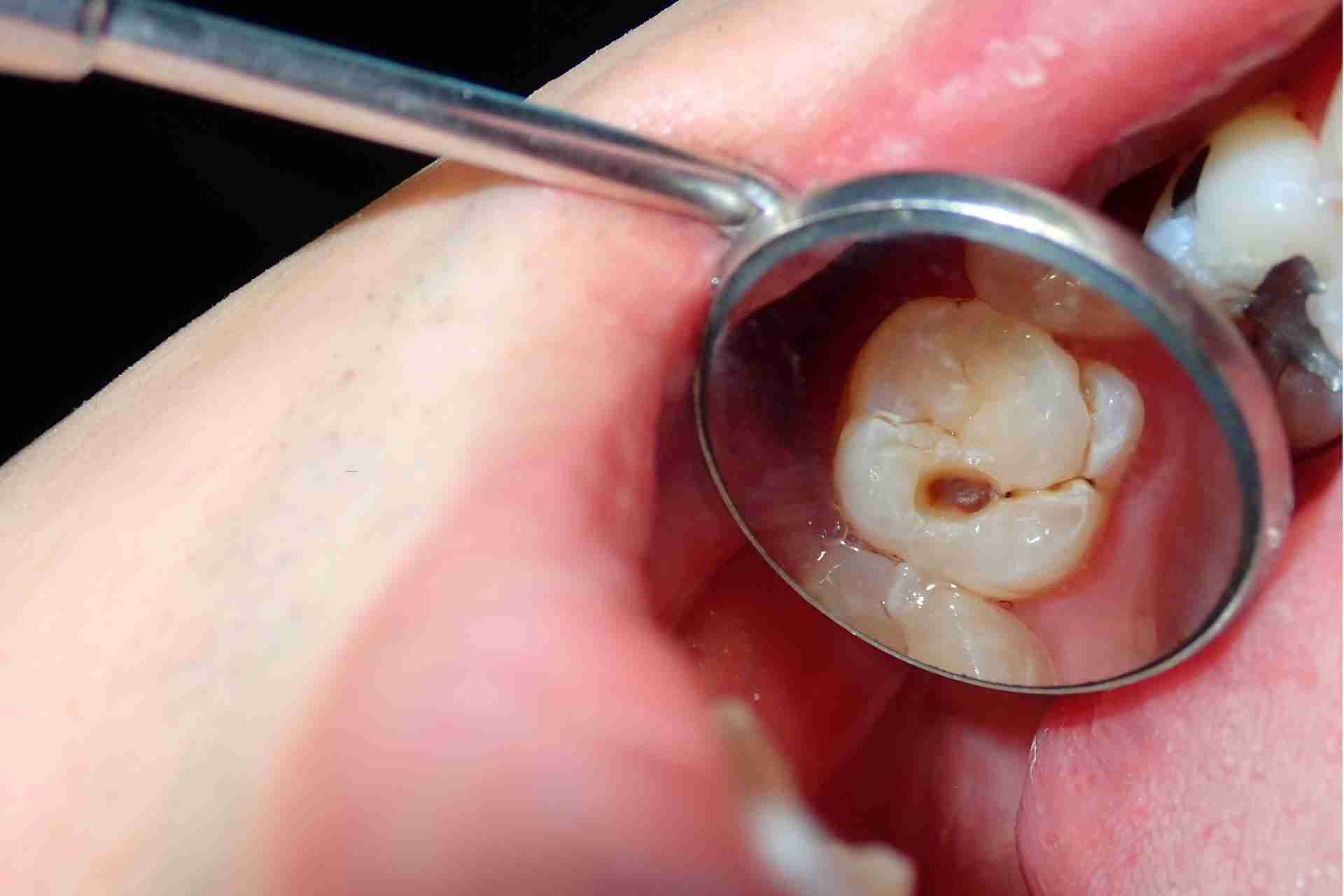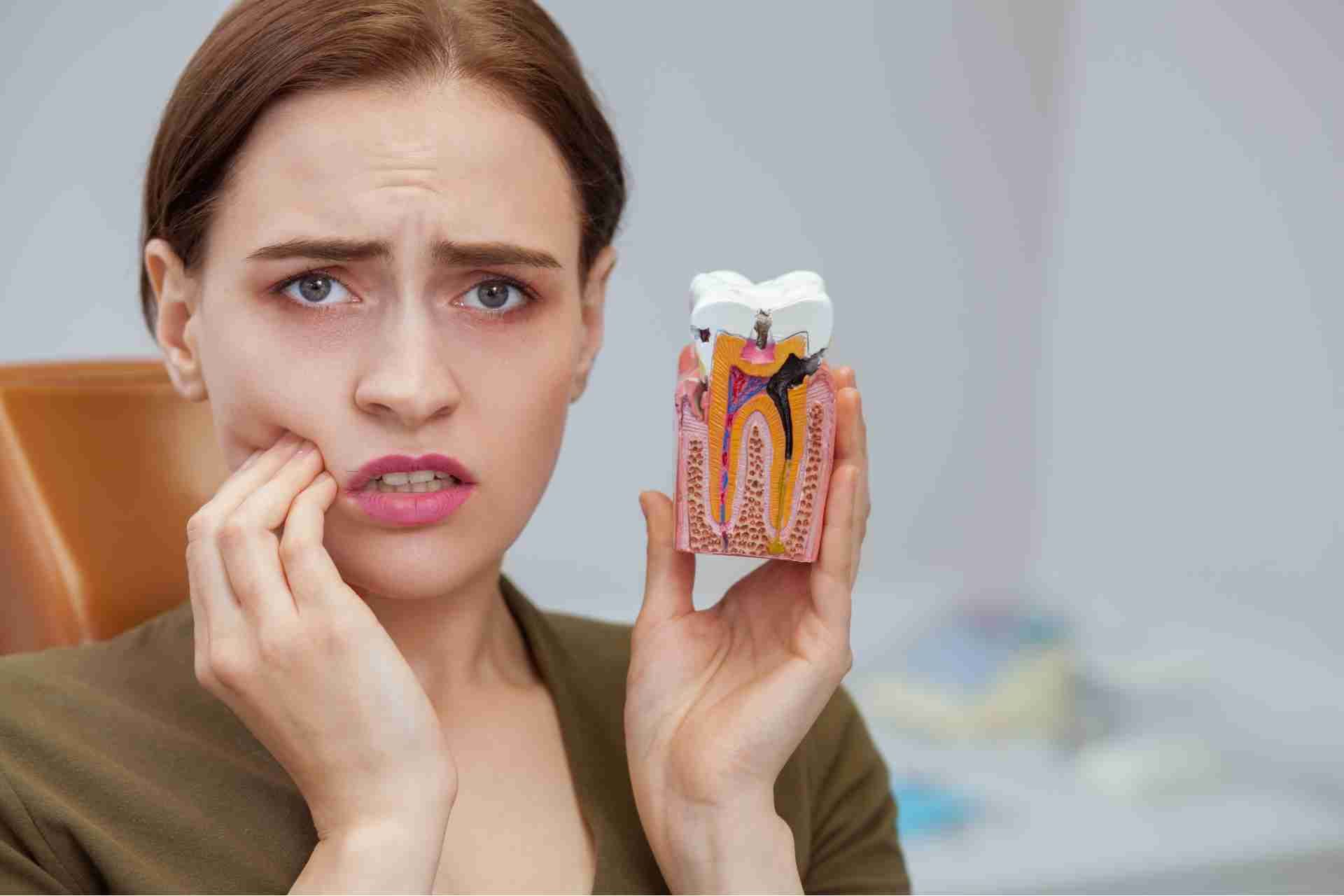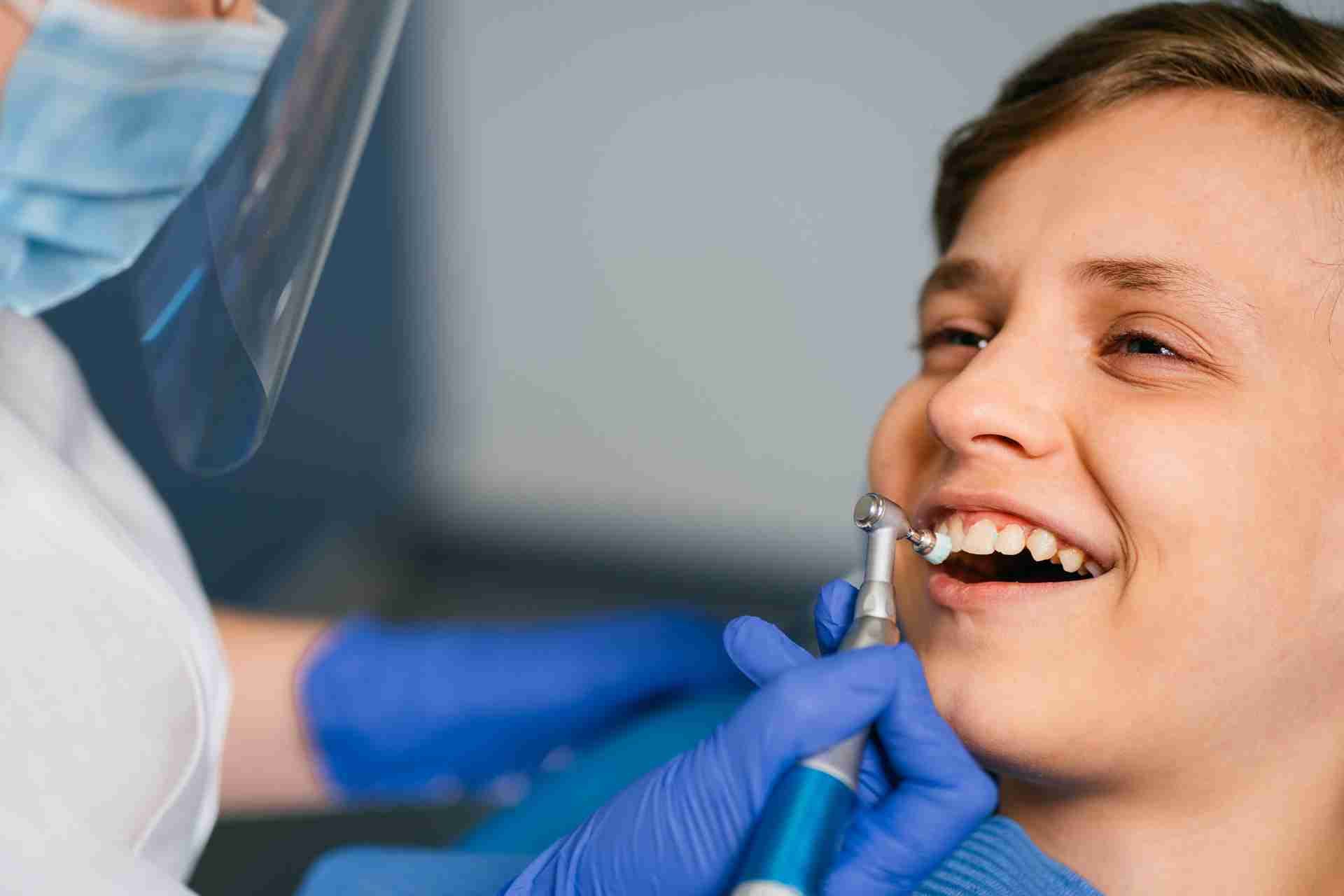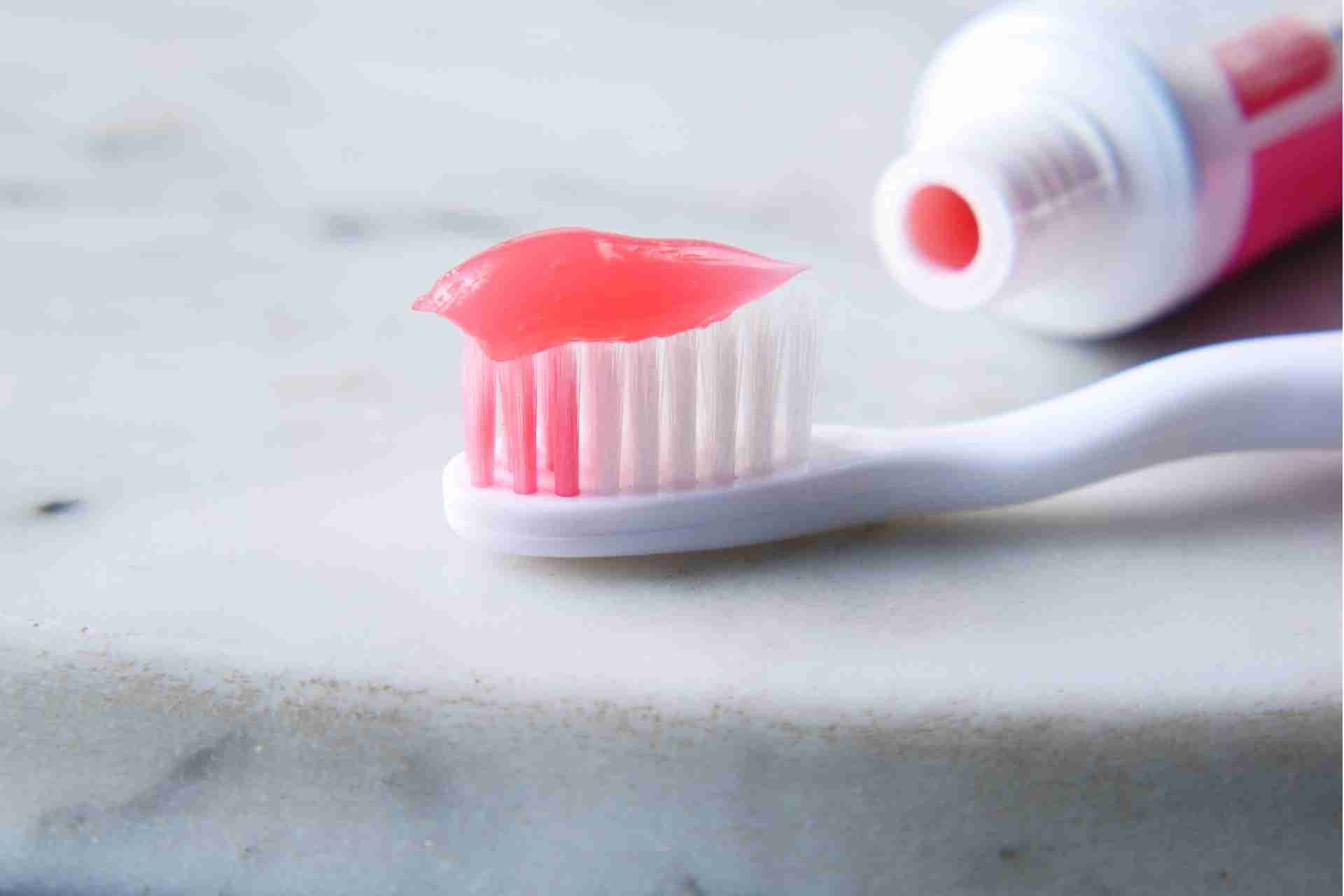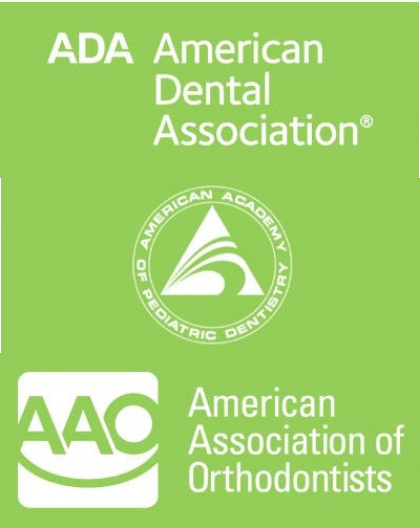Good Oral Hygiene Routine

Oral hygiene is not only important for maintaining a dazzling smile but also plays a crucial role in our overall health. A good oral hygiene routine is essential to prevent tooth decay, gum diseases, and bad breath. By following a simple yet effective routine, you can maintain the health of your teeth and gums for a lifetime. In this blog post, we will discuss the key components of a good oral hygiene routine and how it can benefit you.
Why is oral hygiene important?
Prevents tooth decay - Brushing and flossing regularly are essential to remove plaque build-up on your teeth. Plaque consists of bacteria that produce acids, leading to tooth decay and cavities. By properly cleaning your teeth, you can prevent this decay and the need for painful and costly dental procedures such as fillings, root canals, or extractions.
Prevents gum disease - Gum disease, such as gingivitis and periodontitis, is a result of plaque buildup. If left untreated, it can lead to receding gums, bad breath, loose teeth, and even tooth loss. Furthermore, research suggests a connection between gum disease and other systemic conditions like heart disease, diabetes, and respiratory infections. Maintaining good oral hygiene habits can significantly reduce the risk of developing these conditions.
Maintains fresh breath - Bad breath, also known as halitosis, can be an embarrassing problem caused by poor oral hygiene. It is often due to the build-up of bacteria and food particles in the mouth. Regular brushing, flossing, and using mouthwash can help eliminate these odor-causing agents, keeping your breath fresh and clean.
Preserves overall health - Oral health is linked to overall systemic health. Poor oral hygiene has been associated with various systemic conditions like cardiovascular disease, diabetes, respiratory infections, and even adverse pregnancy outcomes. This is primarily due to the bacteria and inflammation originating from oral infections that can spread throughout the body, affecting various organs and systems. By maintaining good oral hygiene, you contribute to your overall well-being and reduce the risk of developing these systemic conditions.
Saves money - Taking care of your oral health not only saves you from pain and discomfort but also saves you money in the long run. Dental treatments for advanced oral health issues can be costly, requiring extensive procedures, medications, and even surgeries. By practicing good oral hygiene habits, you reduce the need for these interventions, saving yourself from significant financial burdens.
Boosts self-confidence - A healthy smile can do wonders for your self-esteem and confidence. Poor oral hygiene can lead to tooth discoloration, decay, and dental problems that may make you self-conscious about your smile. By investing time in oral hygiene practices, you can maintain an attractive, bright smile, boosting your self-confidence and improving your overall quality of life.
What are the signs of poor oral hygiene?
- Bad breath: Persistent bad breath, also known as halitosis, is often a telltale sign of poor oral hygiene. When we do not take adequate care of our teeth and gums, bacteria can accumulate in our mouth, leading to a foul odor. Regular brushing, flossing, and mouthwash can help combat this issue.
- Tooth decay: Cavities or tooth decay are one of the most common signs of poor oral hygiene. Failure to remove plaque, a sticky film of bacteria that forms on teeth, can result in the deterioration of tooth enamel. This leads to the formation of cavities, causing sensitivity, pain, and even tooth loss if left unaddressed.
- Gum problems: If your gums are tender, swollen, or bleed easily, it may be a sign of poor oral hygiene. Ignoring the buildup of plaque along the gumline can result in gingivitis, an early stage of gum disease. Untreated gum disease can progress to periodontitis, which can cause tooth loss and damage the supporting bone structure.
- Tooth sensitivity: Do you experience pain or discomfort when consuming hot or cold foods and beverages? This could be due to poor oral hygiene. Enamel erosion from plaque buildup or aggressive brushing habits, exposing the sensitive dentin underneath, can lead to tooth sensitivity.
- Discolored or stained teeth: Regular consumption of substances like coffee, tea, tobacco, or wine can stain your teeth. However, poor oral hygiene exacerbates these stains, causing them to become more noticeable. Yellow, brown, or dark spots on your teeth are indicators that your oral hygiene routine needs improvement.
- Tartar buildup: Tartar, also called calculus, is a hardened plaque that cannot be removed by regular brushing and flossing. It forms when plaque is not adequately removed and can irritate the gums, leading to gum disease. A dentist or dental hygienist can easily identify tartar buildup during routine check-ups.
- Mouth sores and ulcers: Poor oral hygiene can lead to the formation of mouth sores and ulcers, which can be painful and take longer to heal. These sores can be caused by infections or irritations due to unhealthy oral practices.
Good Oral Hygiene Routine
1. Brushing twice a day: Brushing your teeth is the foundation of any oral hygiene routine. Ensure that you brush your teeth for at least two minutes, twice a day. Use a soft-bristled toothbrush and fluoride toothpaste. Brushing after meals is also beneficial to remove any food particles stuck in between teeth.
2. Flossing daily: No matter how thoroughly you brush, there are areas between your teeth where a toothbrush cannot reach. Flossing helps remove plaque and food debris from these tight spaces. Incorporate flossing into your daily routine to prevent gum diseases and cavities.
3. Using mouthwash: Mouthwash is not just a breath freshener; it also helps kill bacteria in your mouth and prevents cavities. Swish a mouthwash containing fluoride for 30 seconds after brushing and flossing to kill remaining bacteria in hard-to-reach areas.
4. Brushing your tongue: Brushing your tongue is often overlooked but is an important step in maintaining good oral hygiene. Bacteria can accumulate on your tongue, causing bad breath and other dental problems. Gently brush or scrape your tongue daily to keep it clean and free from bacteria.
5. Replace your toothbrush regularly: A worn-out toothbrush is less effective in cleaning your teeth. Replace your toothbrush every three to four months or when the bristles become frayed. Using an old toothbrush can result in ineffective cleaning and can harm your gums.
6. Visit your dentist regularly: Regular dental check-ups are crucial to maintain good oral hygiene. Dentists can detect any early signs of tooth decay or gum diseases that you may not be aware of. Schedule dental visits every six months for professional cleaning and examination.
7. Follow a healthy diet: Foods high in sugar and starch promote bacterial growth leading to cavities and tooth decay. Minimize the intake of sugary drinks and snacks and opt for healthier choices like fruits and vegetables. Additionally, drink plenty of water throughout the day to keep your mouth hydrated and wash away any food particles.
Final Thoughts
Maintaining a good oral hygiene routine offers several benefits beyond just maintaining a healthy smile. It prevents the development of tooth decay, gum diseases, and bad breath, which can impact your overall well-being. Moreover, it reduces the risk of serious health conditions like heart disease and diabetes, as poor oral health is linked to these problems.
